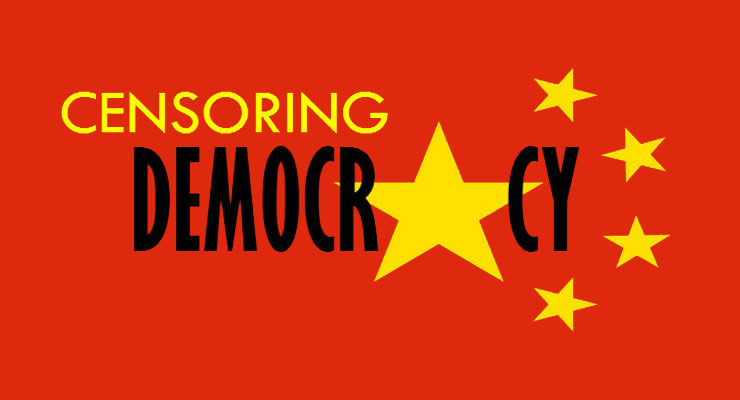 Deutsche [DW] Welle reported reported the detention and disappearance of a dozen or more lawyers and activists in the final days of 2019 as part of Chinese government’s end of year crack-down.
Deutsche [DW] Welle reported reported the detention and disappearance of a dozen or more lawyers and activists in the final days of 2019 as part of Chinese government’s end of year crack-down.
Reporting on this story, Democracy Digest had the following perspective:
Human rights groups said Thursday the latest crackdown was linked to a meeting in the eastern coast city of Xiamen in Fujian province, where participants discussed ways to transform China into a democratic country. Among those detained by Chinese authorities was Ding Jiaxi, a Beijing-based disbarred lawyer, who was previously jailed for protesting against government corruption, according to China Human Rights Defenders (CHRD).
“Chinese civil society faces continuous crackdown at the end of 2019. More than 10 activists and lawyer were detained or summoned within days,” Phoebe Kong, DW’s correspondent in Hong Kong, wrote on Twitter.
Annus horribilis for China’s sharp power
China’s leaders seem as determined as ever to do away with the high degree of autonomy they once promised, threatening to put Hong Kong further under Beijing’s authoritarian control, The New York Times adds (HT:FDD).
In truth, this year has been an annus horribilis for Chinese soft power; the imprisonment without trial of two Canadians in Beijing, the repression of Uighur minority people in mass incarceration camps, public spats against Arsenal footballer Mesut Özil and basketball’s Houston Rockets manager Daryl Morey, and several other issues have all besmirched China’s image. Yet Beijing wants to export its development model, The Financial Times argues:
In one example, officials held a forum in November called “The Significance of China’s Social Governance to the World”, attended by 200 experts from 20 countries. Xinhua, the official news agency, praised the conference as providing “wisdom to a world that is in need of new governance models”. As Elizabeth Economy noted for the US Council on Foreign Relations this month, China has been training officials from neighbours on how to suppress dissent and attract foreign investment, while accessing and retaining foreign technologies and skills.
If this view persists, it will fall upon the rest of the world to decide to what extent an authoritarian, at times draconian, China can and should be engaged, the FT suggests.
Continue reading this perspective through this link.
Leave a Reply